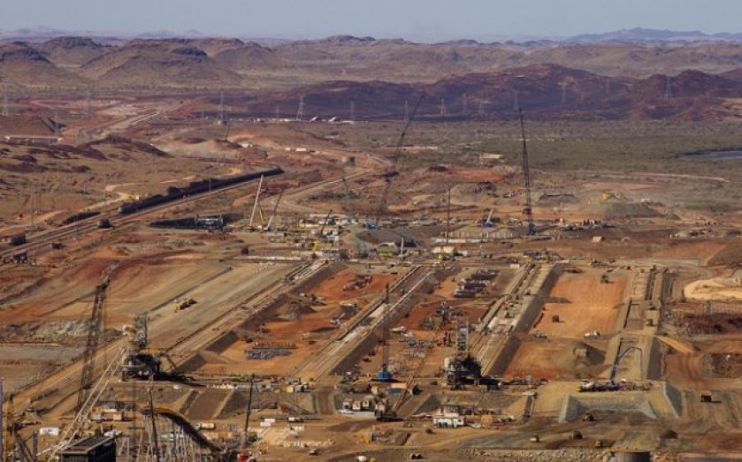Aboriginal group plans to score mining companies after Rio Tinto disaster

An Aboriginal group today announced plans to publish a scorecard to rate mining companies in Western Australia on how well they comply with environmental, social and governance (ESG) standards.
Following the recent controversy concerning the destruction of ancient Aboriginal caves by Rio Tinto, the Wintawari Guruma Aboriginal Corp (WGAC), said it hoped the scorecard system will help to educate investors and the broader public.
“It’s not easy for people to hear from the native title holders, so you tend to get just the mining company’s view of the world,” WGAC director Tony Bevan said.
Feedback will also be provided via the scorecard, so that miners can improve.
“The intent is for it to be a positive and proactive process,” Bevan said.
Focusing on five key areas, the scorecards will judge heritage surveys, regulatory compliance, care for the environment, relationships with native title holders and ESG standards.
Miners will be assessed by WGAC for a year, based on 34 questions. The results of which will be published to provide feedback.
93 per cent of Eastern Guruma, where WGAC is based, hosts mining camps, with Rio Tinto one of the biggest miners in the region.
Last year, Rio Tinto entered hot waters after destroying an ancient Aboriginal cave system, known as Jukkan Gorge.
The chairman of the mining giant announced his intentions to step down from the position earlier this month, over the controversy.
Chairman Simon Thompson is set to be the fourth senior leader to depart the mining group over its destruction of the sacred site.
“I am proud of Rio Tinto’s achievements in 2020… However, these successes were overshadowed by the destruction of the Juukan Gorge rock shelters at the Brockman four operations in Australia and, as chairman, I am ultimately accountable for the failings that led to this tragic event,” Thompson said.